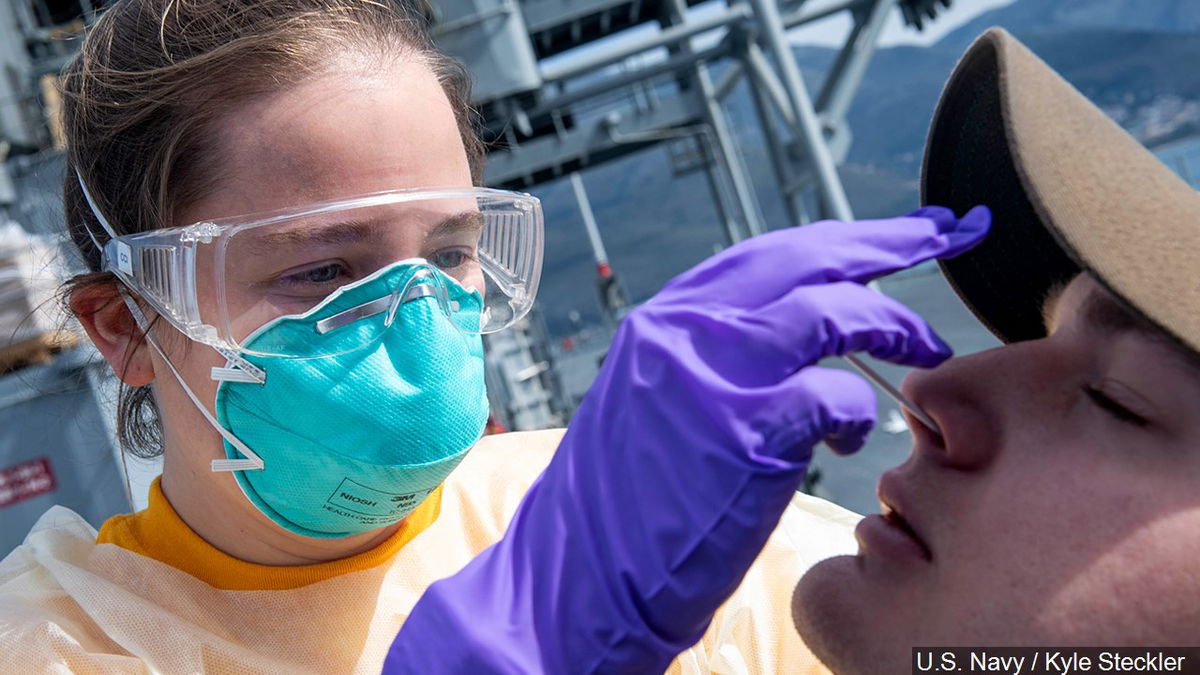Additional funds approved for school staff COVID-19 testing, school supplies

BOISE, Idaho (KIFI/KIDK) - Governor Brad Little's Coronavirus Financial Advisory Committee approved an additional $40 million Friday to increase and improve COVID-19 testing in Idaho.
The committee also approved an additional $10 million to equip schools with supplies needed to open safely.
"Our number one focus is to get our kids back in school safely for in-person instruction, and the additional funds approved today help get us there. Before coronavirus, too many Idaho students faced a significant achievement gap and ongoing risks to their mental and social wellbeing. It’s imperative that students return to their classrooms and interact directly with their teachers and classmates,” Governor Little said.
Details on the new funds include:
- $21 million to test school staff, who are identified as a priority group by the Testing Task Force
- $10 million to cover additional masks, gloves, sanitizer and plexiglass for Idaho schools as they reopen
- $13 million to improve testing in long-term care facilities
- $3 million to increase testing lab turnaround time and capacity as well as lab upgrades
- $3 million to increase access to testing in rural Idaho by leveraging Idaho pharmacists and pharmacies in testing efforts
In addition to the $43.1 million in federal relief funds Idaho already has directed to support public schools, additional resources have been directed to K-12 public education. That includes $33.8 million to support blended learning, $3.2 million for the Idaho Digital Learning Academy, $4 million to cover personal protective equipment in schools and costs associated with moving to online learning, $1 million for remote student mental health support, and $6 million for additional K-12 support such as K-3 reading remediation and remote STEM education opportunities.
Between direct federal support for schools and the Governor’s actions through the Coronavirus Aid, Relief, and Economic Security (CARES) Act, a total of $122.2 million has been committed to K-12 public education for the next school year.




